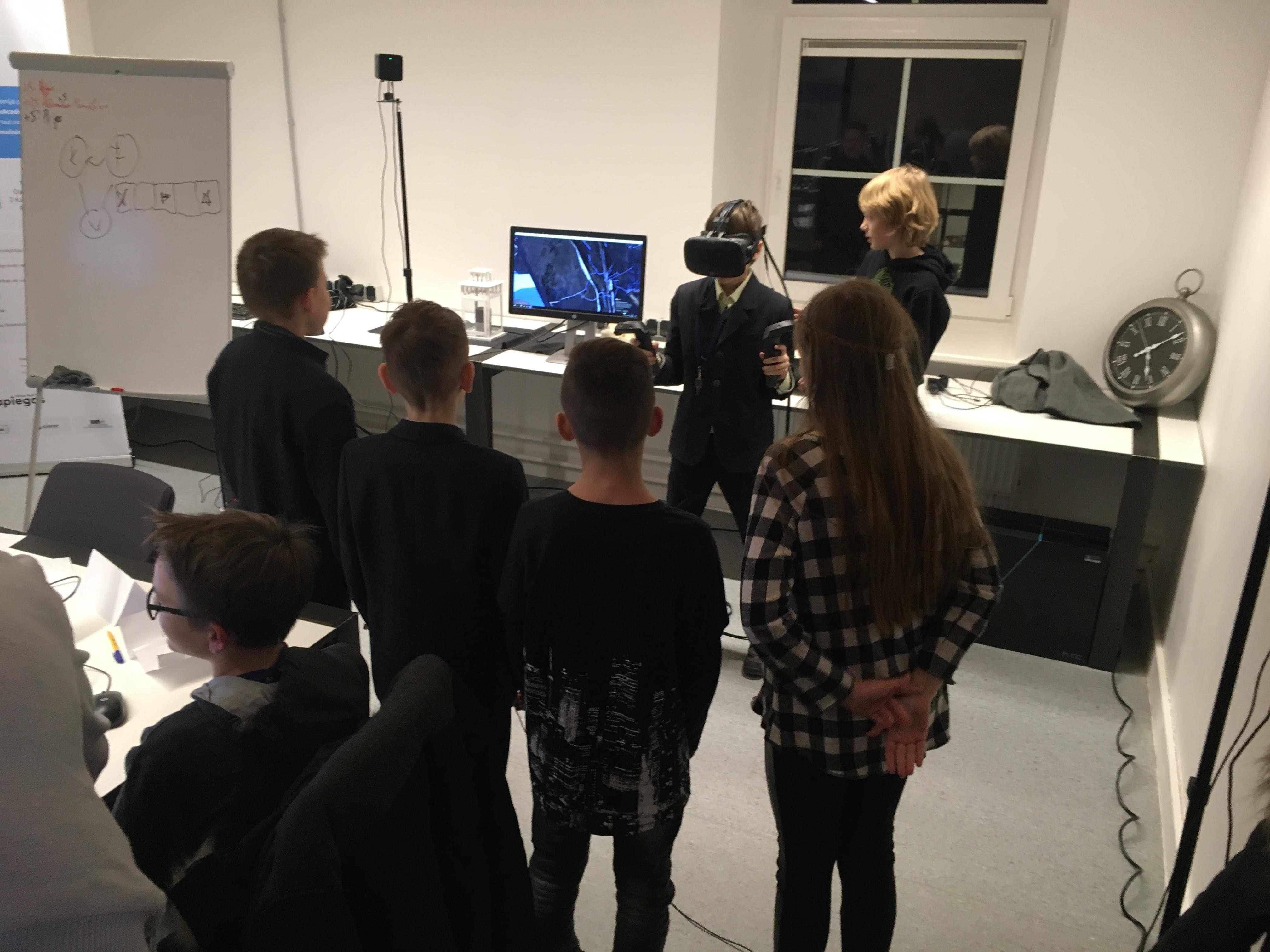CodeAcademy: Kids Playing Video Games Is Not That Bad
2017
Jan 24
Jan 24

Kids and teenagers are widely playing video games these days, they even refuse to go outside or to do their homework because of this. However, Aurelija Makselytė, coordinator at CodeAdacemy Kids programme, believes the passion for video games is a great opportunity to teach kids skills needed for their future careers.
According to recent studies, gaming is new learning: games such as World of Warcraft, Minecraft, Flight Simulator, etc. motivate, engage and connect children to the like-minded in a way that is more interesting for them. Also, such games teach logic, co-working, computational thinking, etc.
If a game is designed well and especially if it was designed for the educational purposes, then yes, it can teach kids many valuable skills. Most games are designed to be engaging and goal-oriented. And learning does not mean rote memorization – it means acquiring the skills and thought processes needed to reach any goal. Within an effective game-based learning environment, players work toward a goal, choosing actions and experiencing the consequences of those actions along the way. Player can make mistakes in a risk-free setting, and through experimentation, they actively learn and practice the right way to do things.
In order to progress in a game, player needs to learn; when player is actively engaged with a game, player's mind is experiencing the pleasure with understanding a new system or concept. Kids are driven by fun, interactive experiences that motivate and engage them into the learning process.
CodeAcademy Kids program teaches the most common programming languages, however the curriculum is taught through the lens of a game, so the kid would engage naturally and first would think about the progress of the game, and only then about the education. We both add an elements of gamification (such as experience points and achievements, to name just a few) to our ‘non-digital’ activities, use educational video games, and also ask the kids to build their own video games during our course.
Personally, I believe one of the most important skills we teach at CodeAcademy Kids is computational thinking. Just as all the other skills mentioned above, computational thinking is important to have in any profession, because it helps a person to divide a bigger problem into small ones and solve them step by step. At CodeAcademy Kids, we teach kids that it is OK not to have all the answers, what is important is to know, where to go and who to reach out to in order to solve the problem.
We also use active and critical learning principle: our students not only see the examples of which practice works and which does not, they actually think, act and experience the consequences of their actions in a game environment.
We gradually increase the difficulty level of the course throughout the program for the kids to understand the value of the knowledge they gain. This keeps kids engaged and encourages them to improve their skills.
And so I don’t believe in prophecies such as “a lost generation because of computer games”. On the contrary, if video games are something that truly engage children, we all should think about benefiting from this phenomenon and using it to create value.
